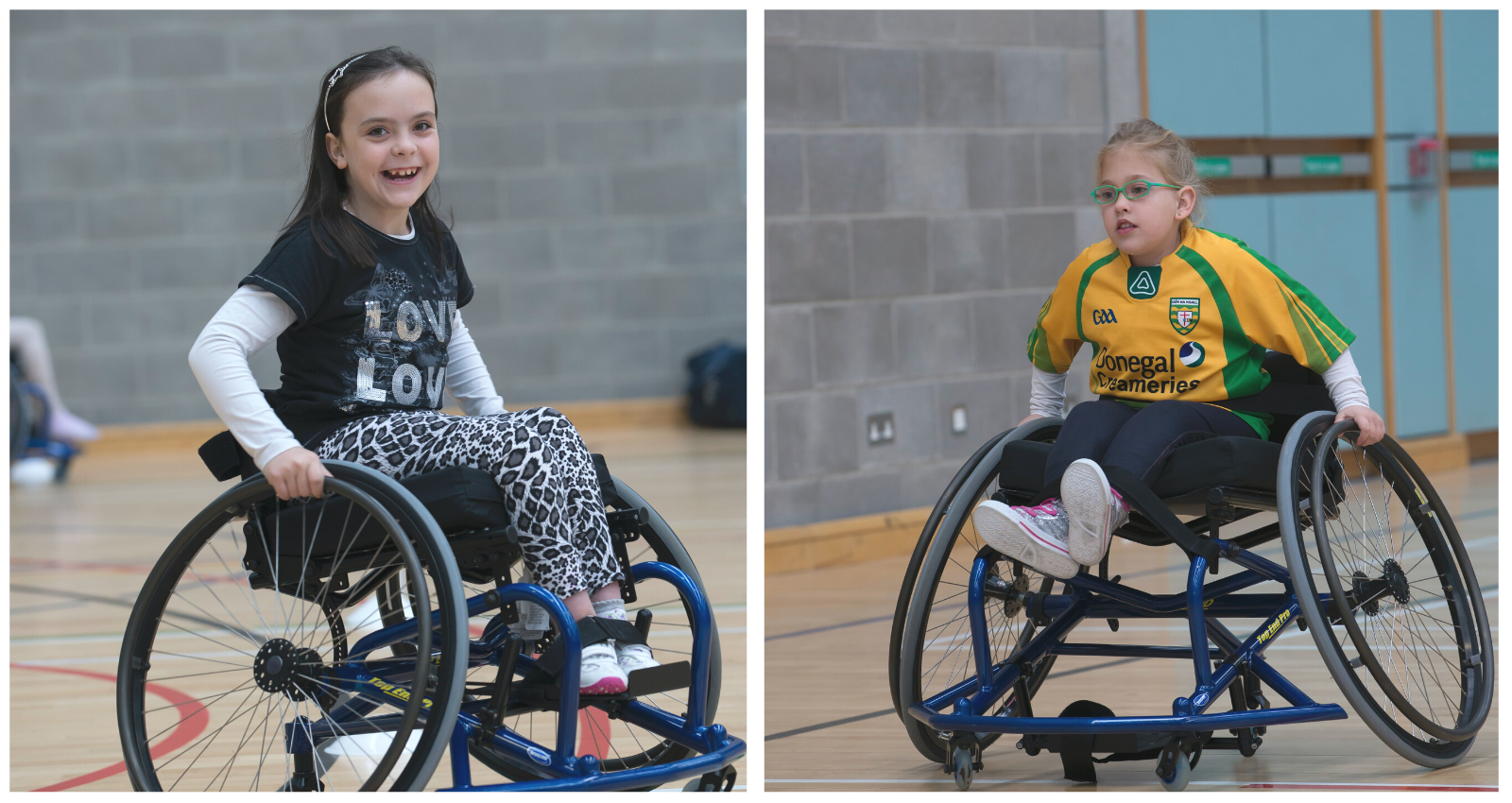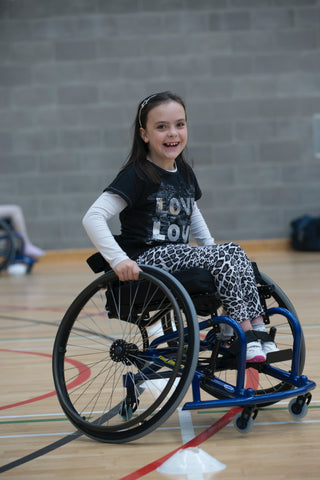
Helping children with special needs stay active
Regular exercise is important for the physical and mental well-being of children. When your child has a disability, it can sometimes be challenging to find ways to keep them active. Perhaps their physical ability is impaired or they have a learning disability, which impacts on their understanding and behaviour. However, there are lots of easy activities for special needs children and in this blog, SpecialKids Company will share these with you.
Top activities and exercise for Special Needs Children
Swimming for special needs children
If you’re looking for activities for your child with special needs, then swimming is a great place to start. Swimming is an inclusive activity that can help build core strength and coordination. The water can provide a feeling of weightlessness and can soothe and relax children. If your child has physical disabilities and requires adaptive equipment, it is worthwhile finding out which pools have pool hoists and Changing Places toilets.
Don’t forget to check the adapted swimwear section on our website if your child is incontinent. check our recommendation on the best places to go swimming for children with special needs and the benefits of swimming for children with special needs.
Cycling for special needs children
Adapted bikes enable lots of children with special needs to ride a bike. From hand bikes and trikes to tandem bikes, assisted cycling bikes and wheelchair bikes, there are lots of options available to allow inclusive cycling for children.
Benefits of cycling for children with special needs:
- Learning to ride a bike strengthens children with special needs physically as it is a good form of exercise.
- Learning to ride a bike grows special needs children mentally as it takes focus to stay upright as he or she masters the task.
- Learning to ride a bike helps special needs children socially as they can do this activity with other friends.
Boccia for special needs children
Boccia is a target sport using soft balls that has been designed for people with high support needs. Boccia UK explains that players are divided into four classifications depending on their disability and functional ability. You can find out more here.
Frame Football for special needs children
Frame Football is a great sport and exercise for children who use walking frames or require mobility aids.
Trampoline Jumping and Rebound Therapy
Jumping on a trampoline is a great fun way to exercise. It’s also great for children with sensory issues because the rhythmic action can be soothing and help to reduce stress and anxiety.
Rebound Therapy is a form of exercise using trampolines that can provide therapeutic exercise for children with a wide variety of disabilities.
Wheelchair Sports for special needs children

There are lots of wheelchair sports that you can explore if your child is a wheelchair users. These include:
- Wheelchair basketball
- Wheelchair rugby
- Wheelchair tennis
- Wheelchair hockey
Dancing for special needs children
Any child can dance with the right support in place. It’s a great way to exercise and bound to make you smile.
Ice Skating for special needs children
Adapted aids can help children with special needs ice skate. For example, balance aids and adapted orthotic ice skates.
Running for special needs children
Running is great exercise. If your child needs extra support to run, then you should consider frame running, which is an adapted sport to help with moving and balance.
Adapted Yoga for special needs children
Adapted yoga is aimed at children with special needs and uses modified yoga poses, gentle manipulation, specialised breathing exercises and relaxation techniques. There are lots of free videos that you can watch on YouTube.
Sing Along Workouts
Lots of children love music and singing so what better way to exercise than a sing along workout? Use songs with actions, such as ‘head, shoulders, knees and toes’ and get their bodies moving. They won’t even notice that they’re exercising.
We hope that you find these suggestions useful. What is your child’s favourite activity?

